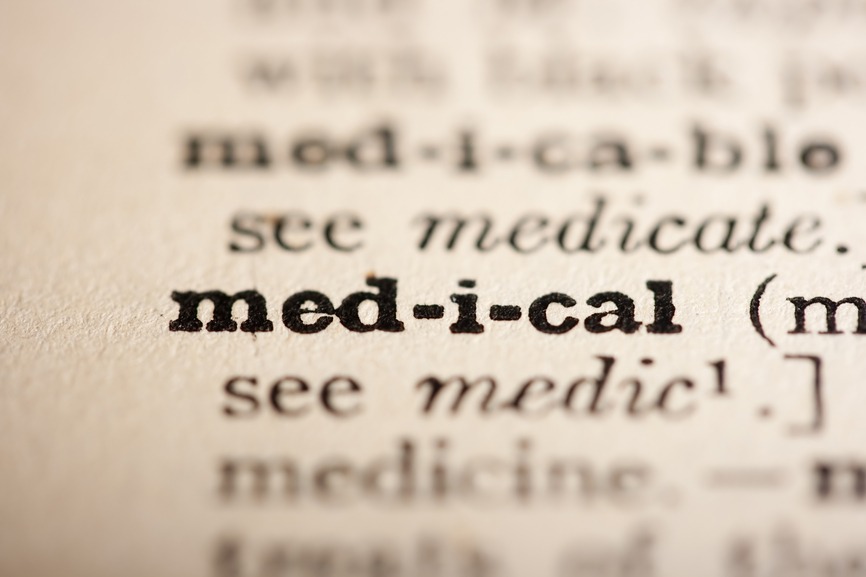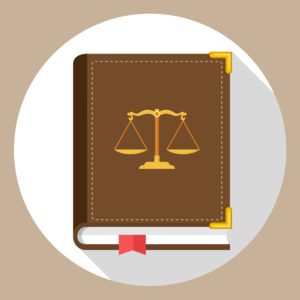
Inadequate diagnoses occur when a doctor makes the wrong diagnosis of a patient’s medical condition or makes the correct diagnosis after an unacceptable delay. Either way, the patient does not receive a timely and accurate diagnosis, which may make his or her illness more difficult to treat. A doctor who makes an inadequate diagnosis may be liable for medical malpractice.
Wrongful Diagnosis vs. Delayed Diagnosis
The two main types of inadequate diagnoses are misdiagnosis and delayed diagnosis. Both are significant medical errors that can harm patients.
Misdiagnosis or Incorrect Diagnosis
In a misdiagnosis or incorrect diagnosis, the doctor diagnoses the patient with the incorrect condition or fails to make a timely diagnosis. For instance, a patient visits his or her doctor with chest pain. After the doctor performs a few tests, he or she assures the patient it is a minor issue—acid reflux or indigestion.
The patient, relieved, returns home and ignores any further pain. A few days later, the patient is climbing a flight of stairs when his or her chest tightens up. The patient collapses, then awakens in the hospital to learn he or she had a heart attack.
In this situation, the doctor made a wrongful diagnosis, which led to the patient suffering a heart attack that he or she may have been able to avoid with a correct diagnosis and early intervention.
Delayed Diagnosis
In a delayed diagnosis, the doctor makes the correct diagnosis, but only after an unacceptable delay. The challenge in holding a doctor liable for medical malpractice for a delayed diagnosis is proving the doctor had enough information to have made the correct diagnosis earlier.
Inadequate Diagnoses and Medical Malpractice
To hold a doctor liable for medical malpractice based on an inadequate diagnosis, the plaintiff must demonstrate three things:
- By making an inadequate diagnosis, the doctor failed to follow the standard of care.
- The doctor’s failure caused the patient to suffer injuries.
- The patient incurred damages because of his or her injuries.
Free Case Evaluation With a Medical Malpractice Lawyer
Delayed diagnosis or misdiagnosis may be considered malpractice. A medical malpractice attorney from Newsome | Melton can help. For a free case evaluation, call us today at 888-526-8947.
Inadequate Diagnoses - Frequently Asked Questions

Florida has a statute of repose for medical malpractice cases. The same Florida law that governs the statute of limitations on medical malpractice claims, F.S. §95.11(4)(b), also establishes the statute of repose. It states that an injured party has no more than four years from the date of the incident to take legal action. A
Read More
How Can I Obtain My Medical Records If I Have Questions About My Treatment? The Health Insurance Portability and Accountability Act (HIPAA) gives you control over your medical records. That means you can obtain your medical records when you need to and you can shield them from others. This includes paper records and charts as well
Read MoreInadequate Diagnoses - News Articles

As the shock of comedienne Joan Rivers’ death continues to swirl, a new conversation has begun to take a prominent place in the conversation: Was Rivers the victim of medical malpractice? Speculation about what happened in New York City’s Yorkville Endoscopy Clinic is all over the map with the media, the public and attorneys weighing
Read More
On a Friday in April 2016, Michael R. Gillen woke up with a fever, a cough, congestion, and an aching body. That night as his symptoms worsened he was brought to the Holzer Clinic, his local medical provider in Ohio. Doctors at the clinic found that he had a temperature of 102.2 and tested him
Read More